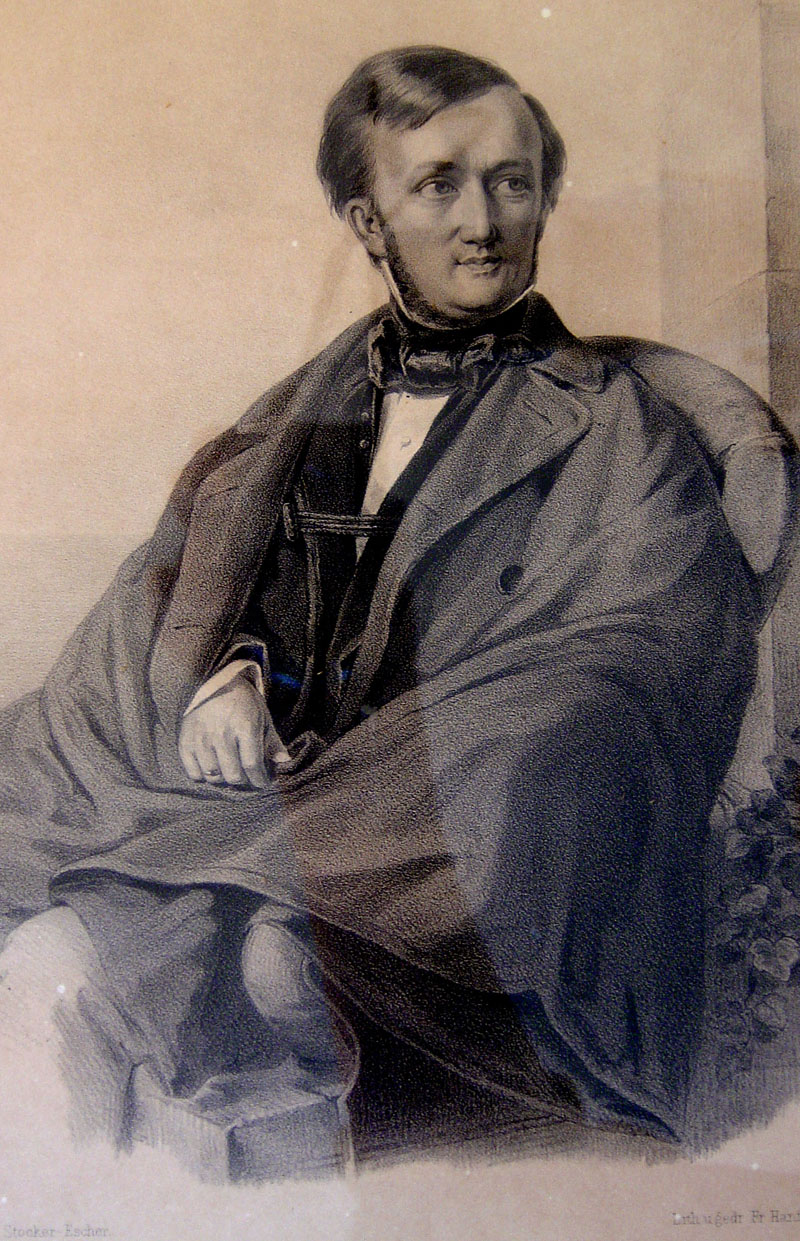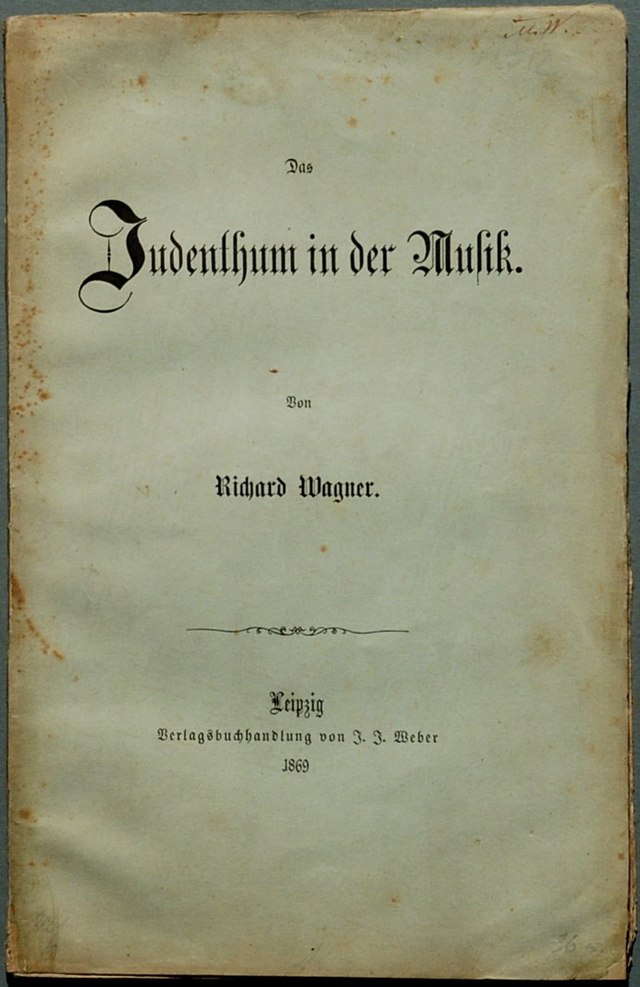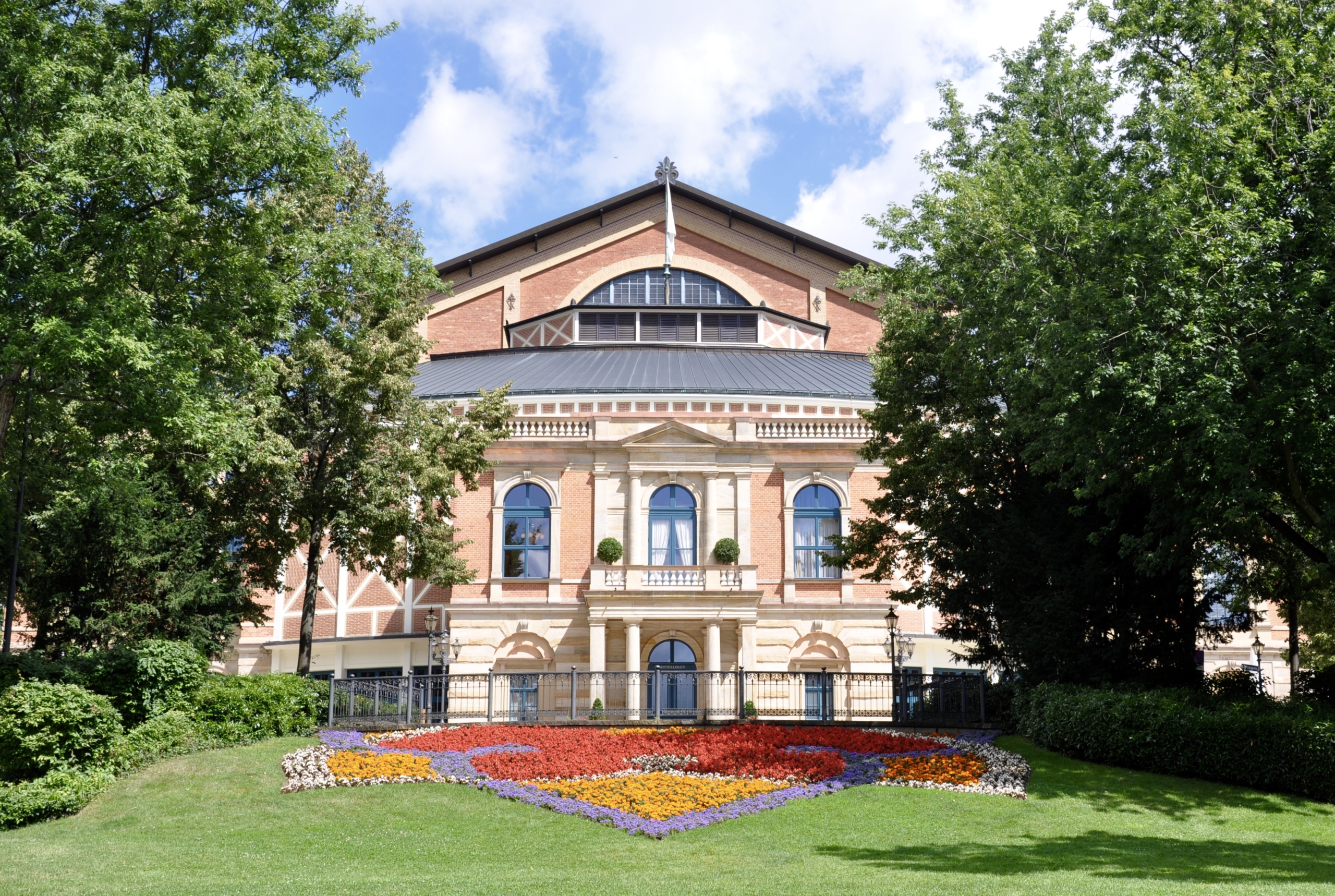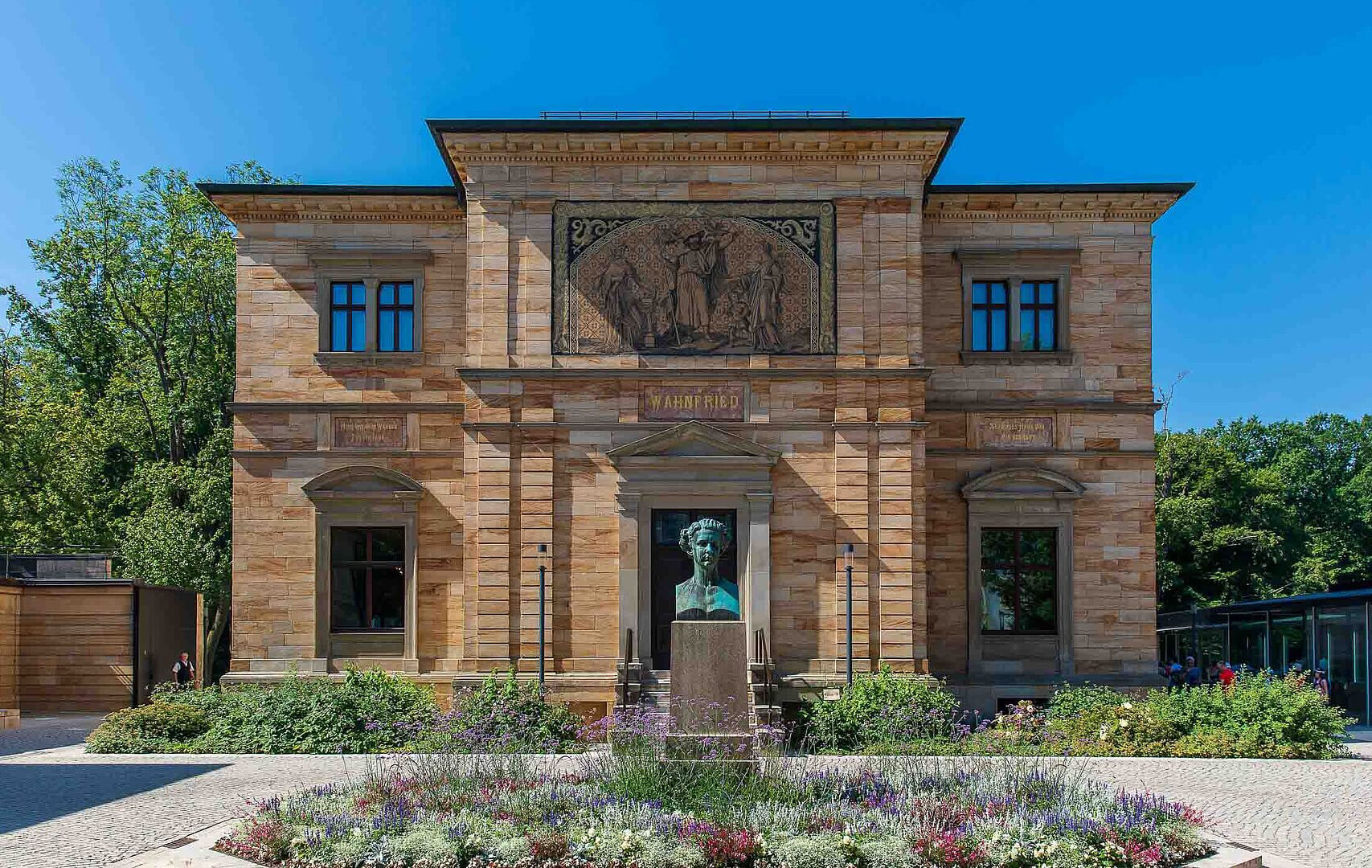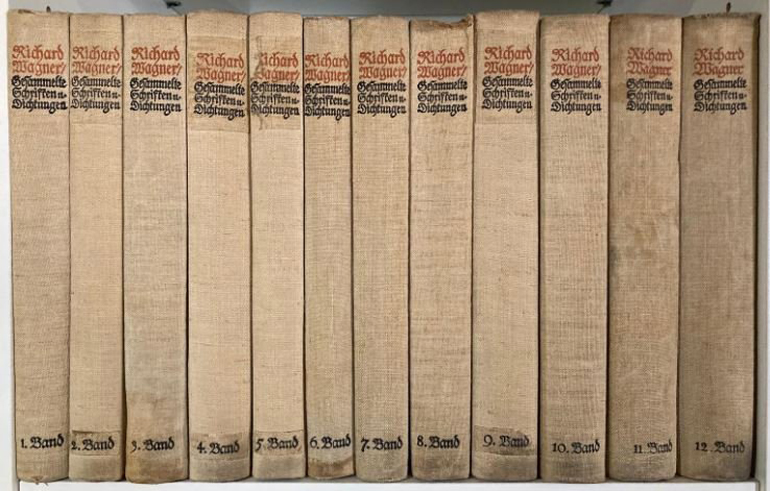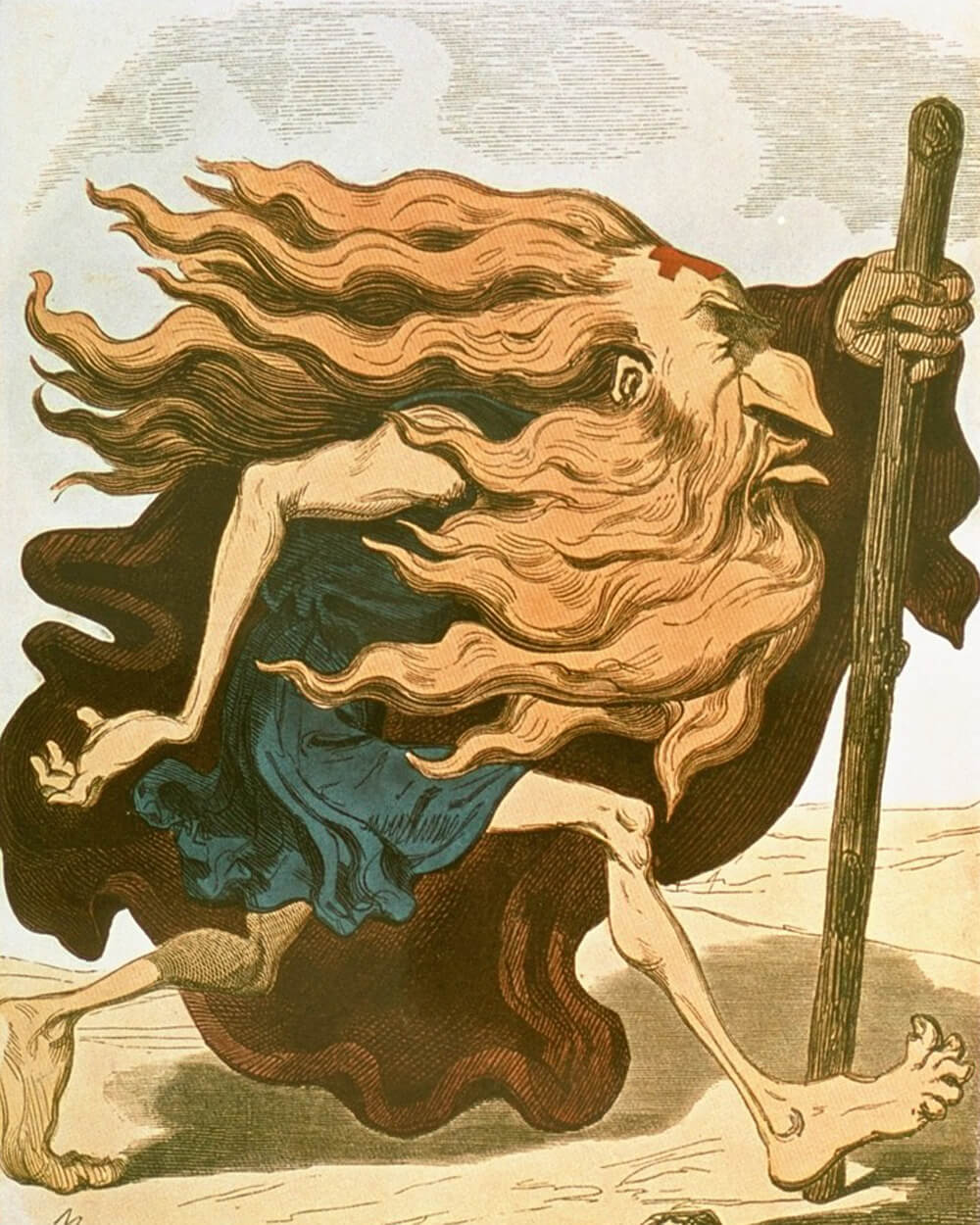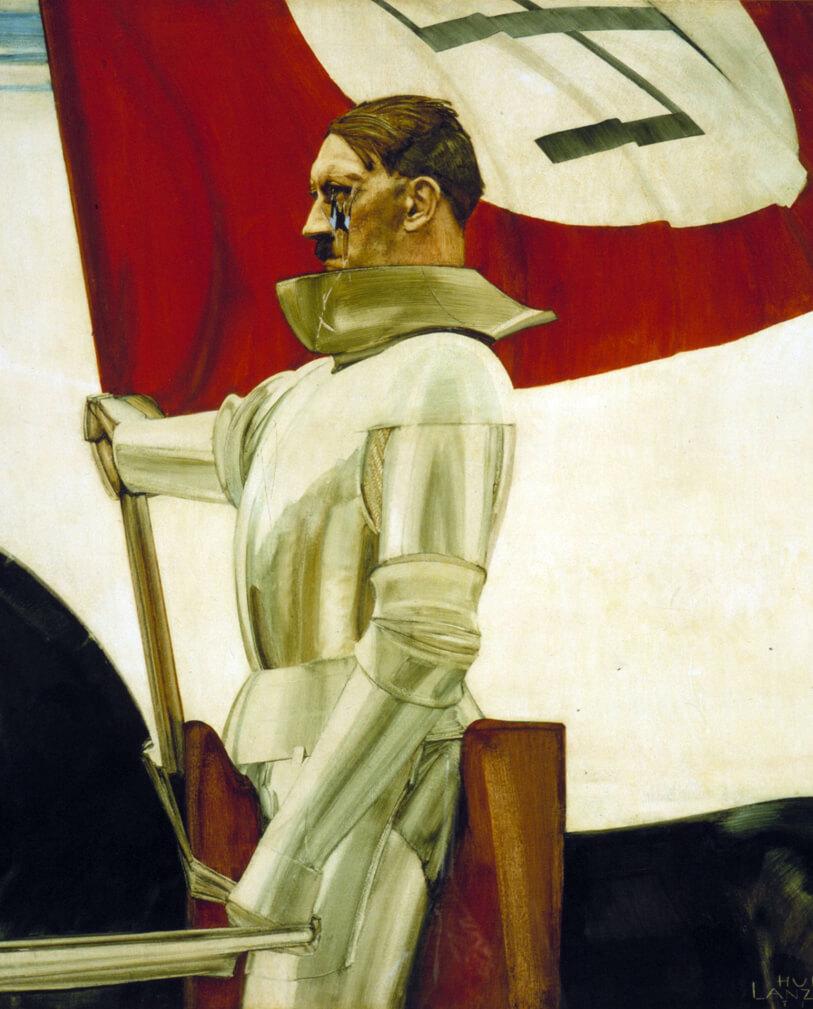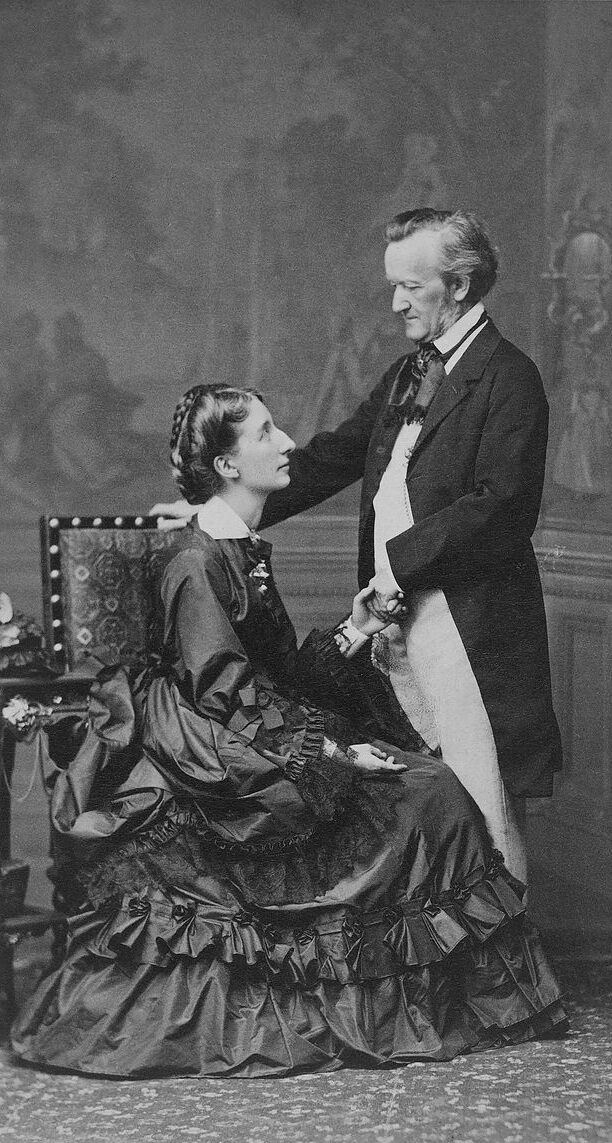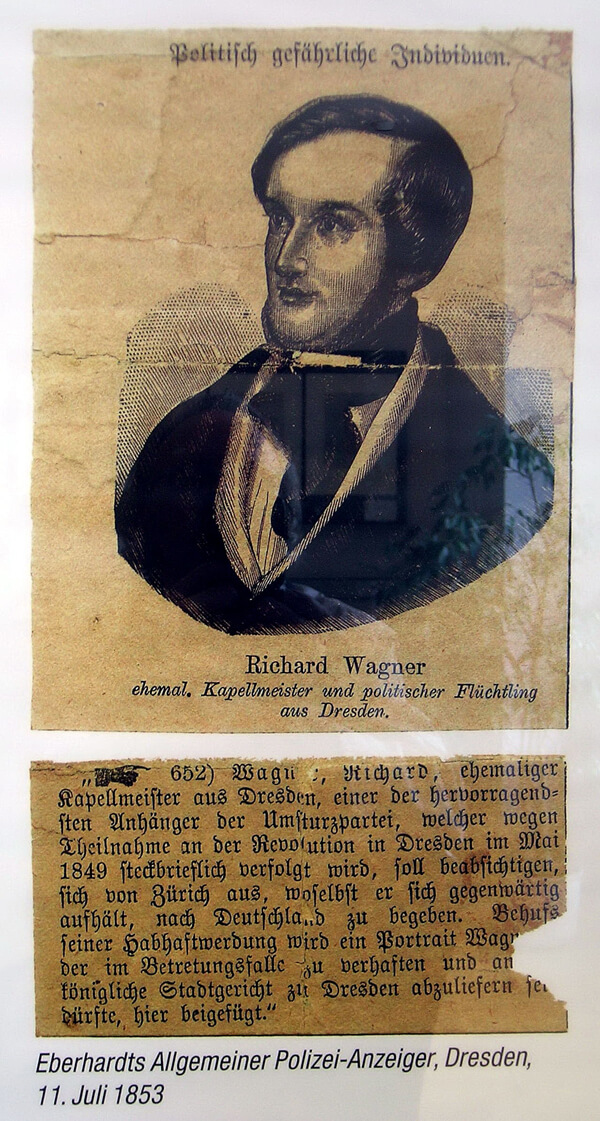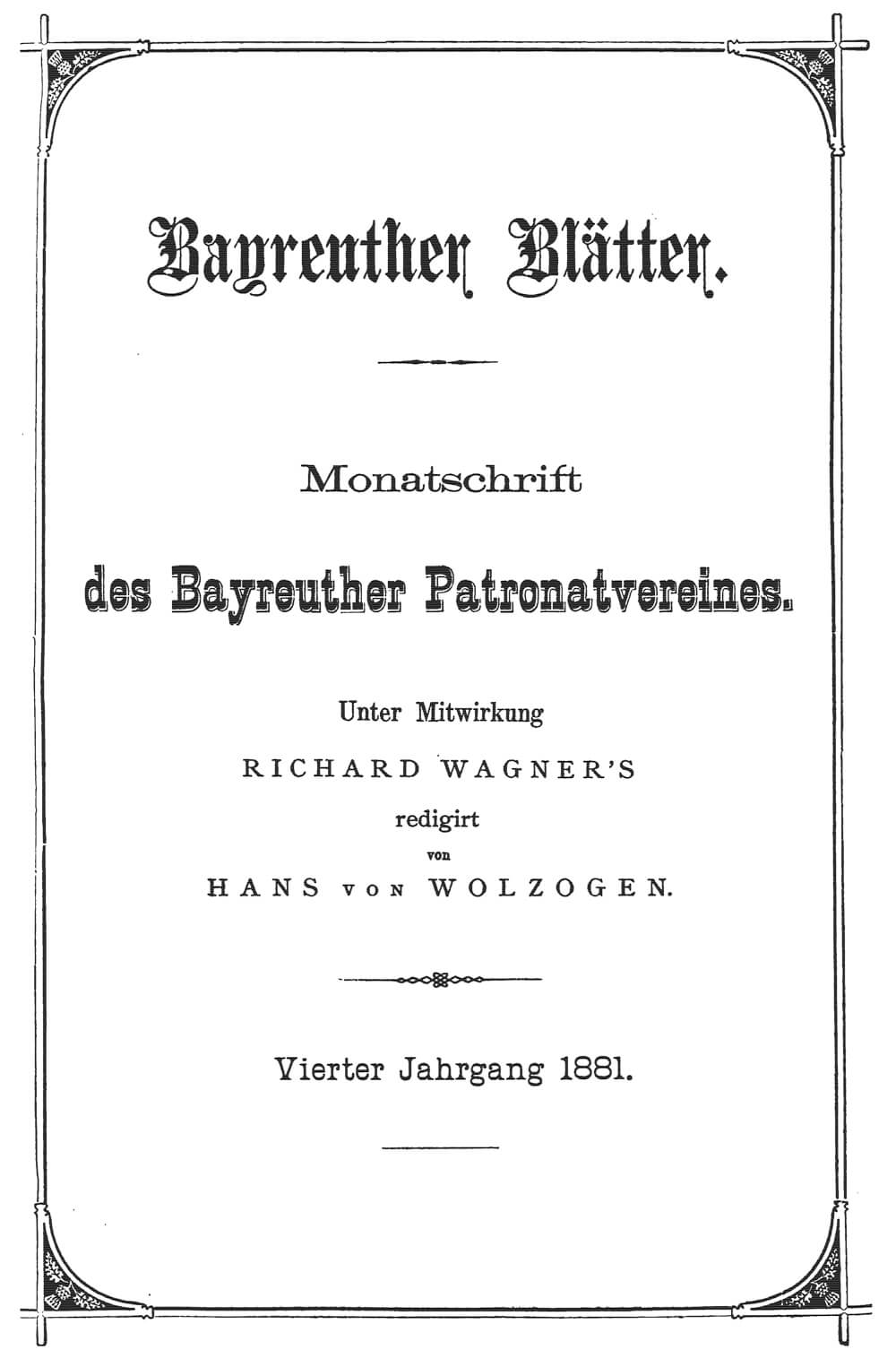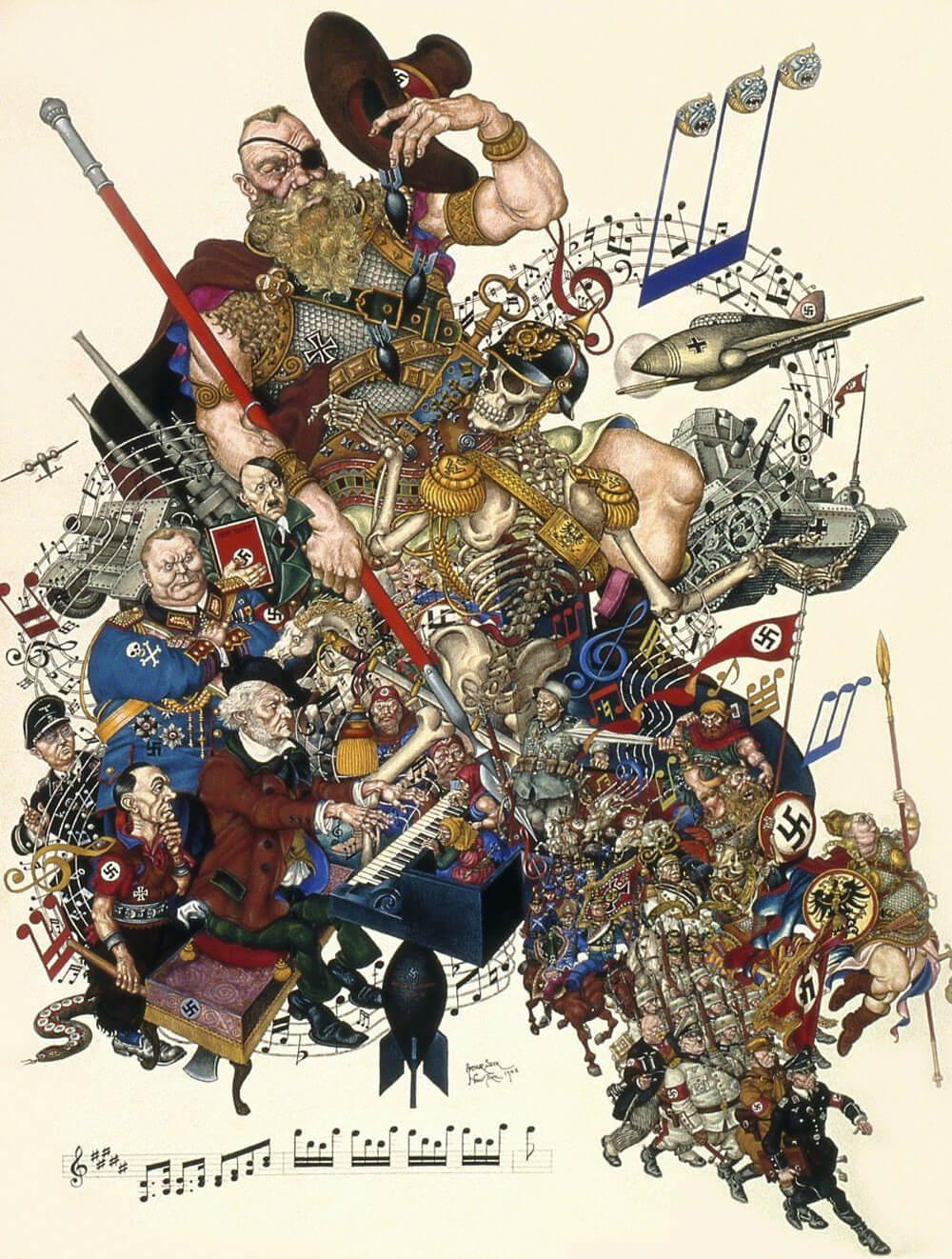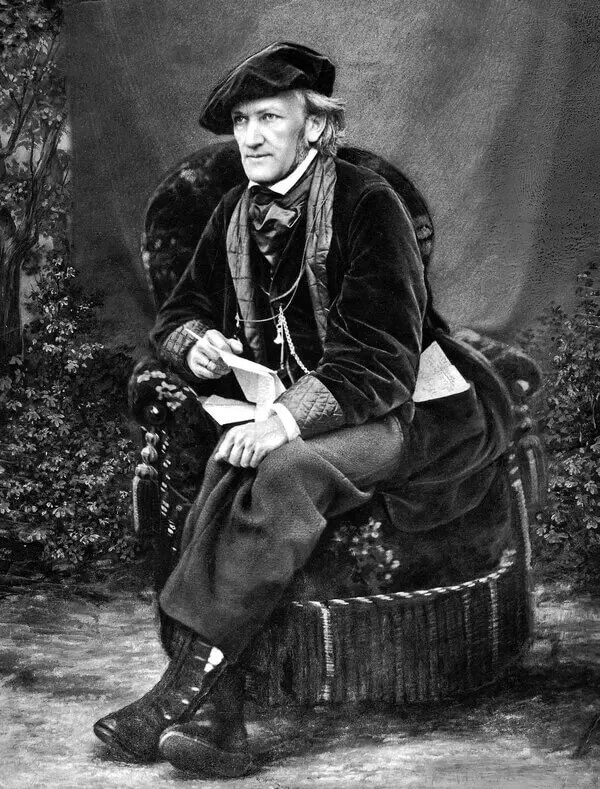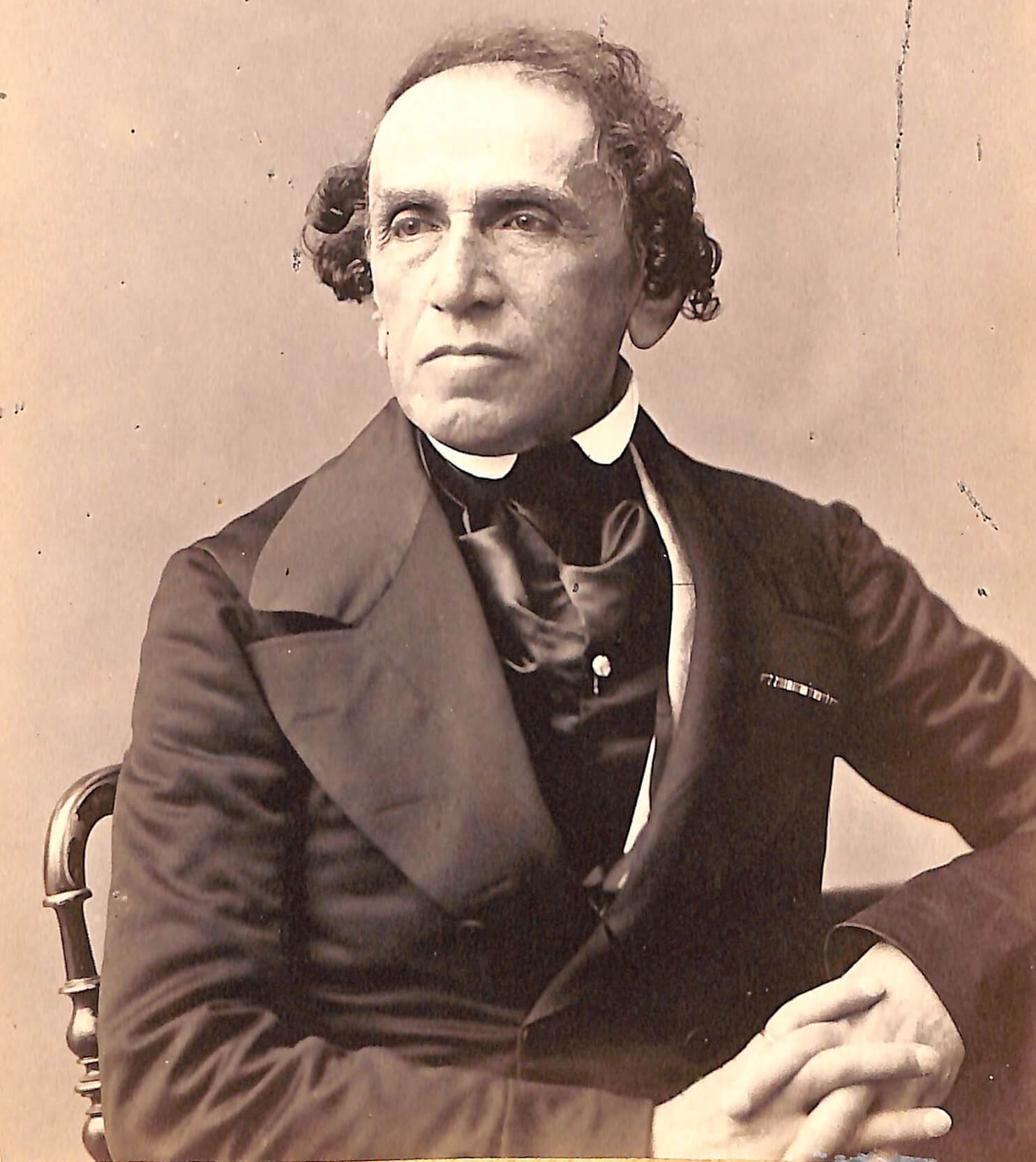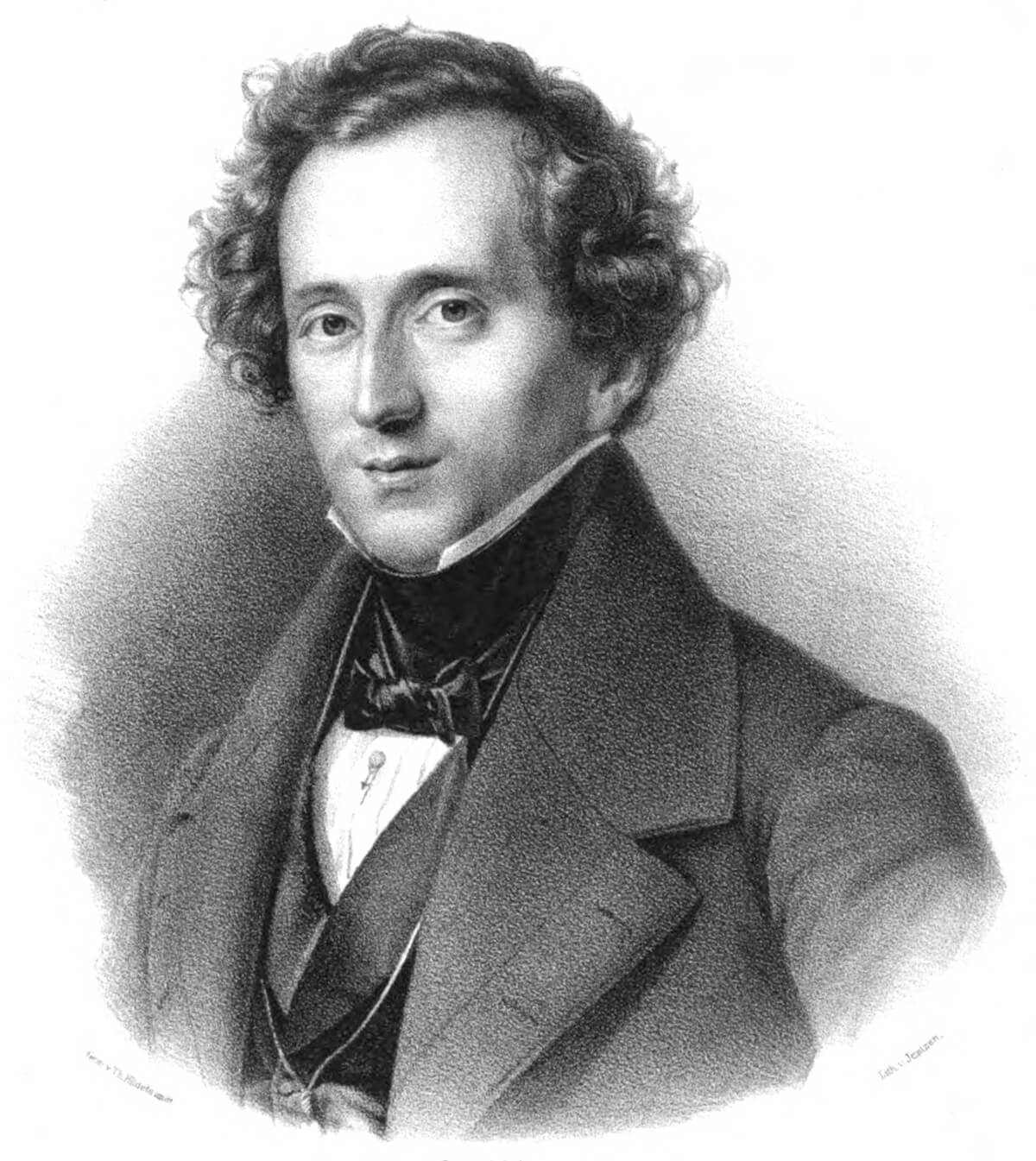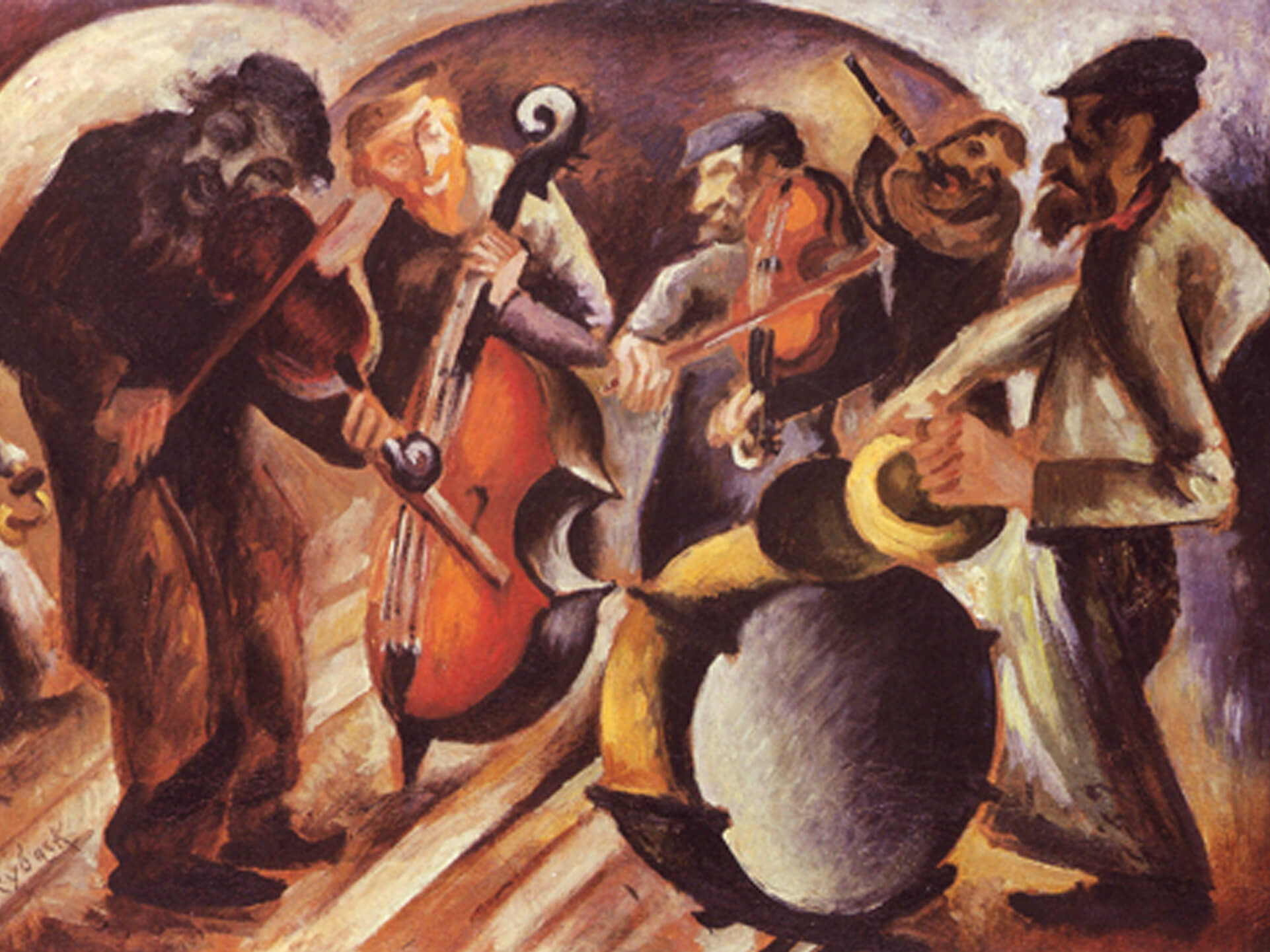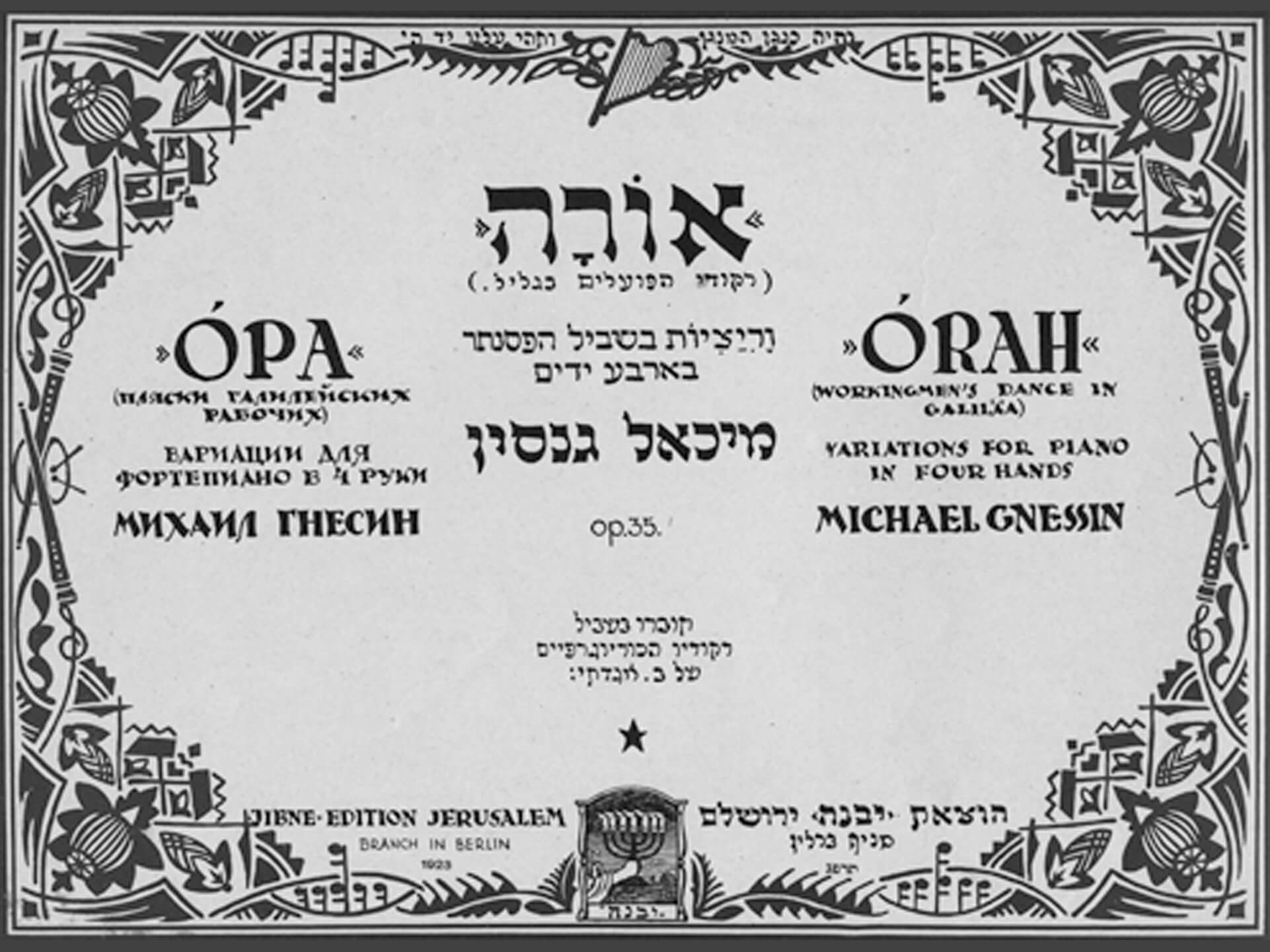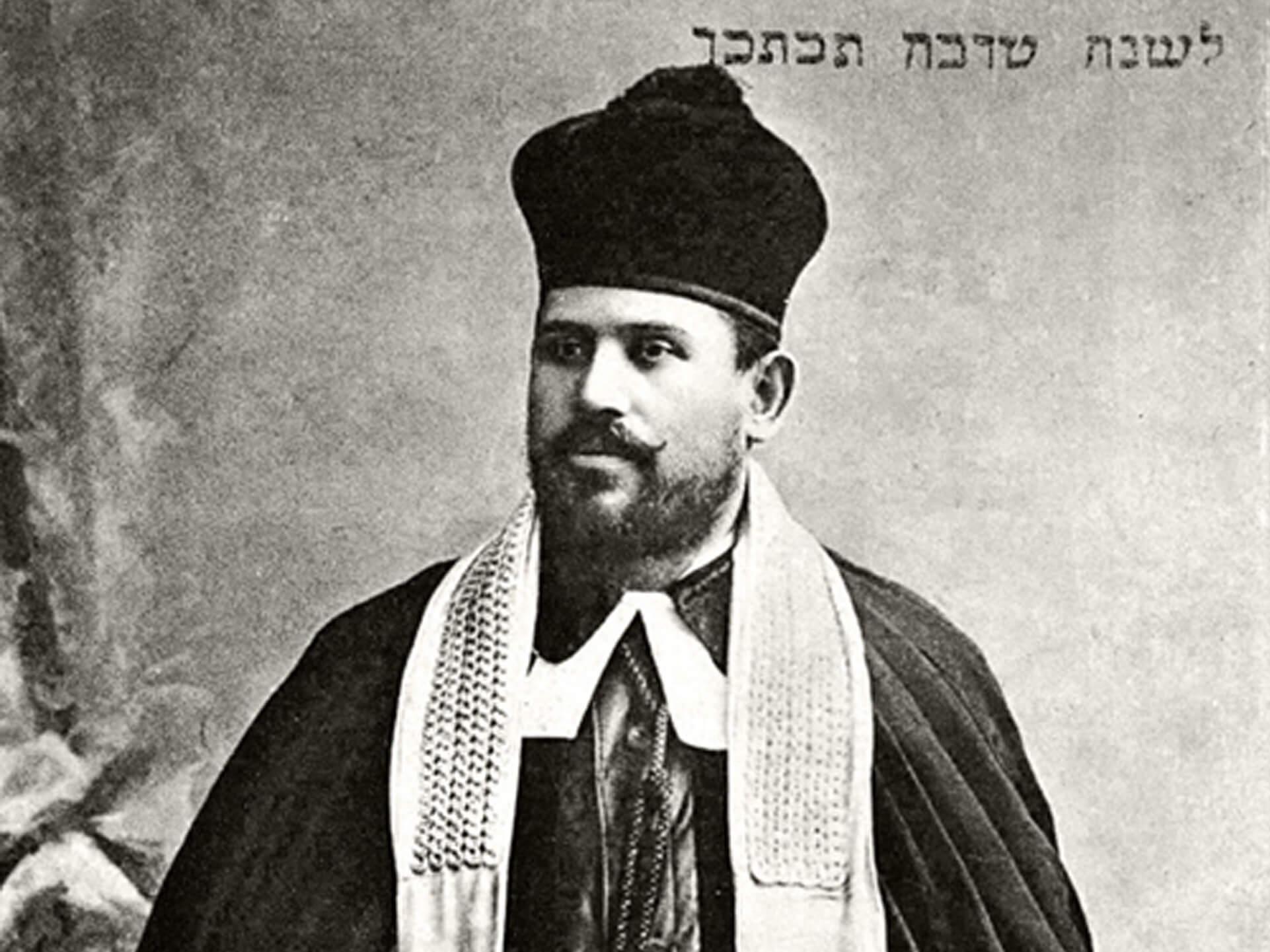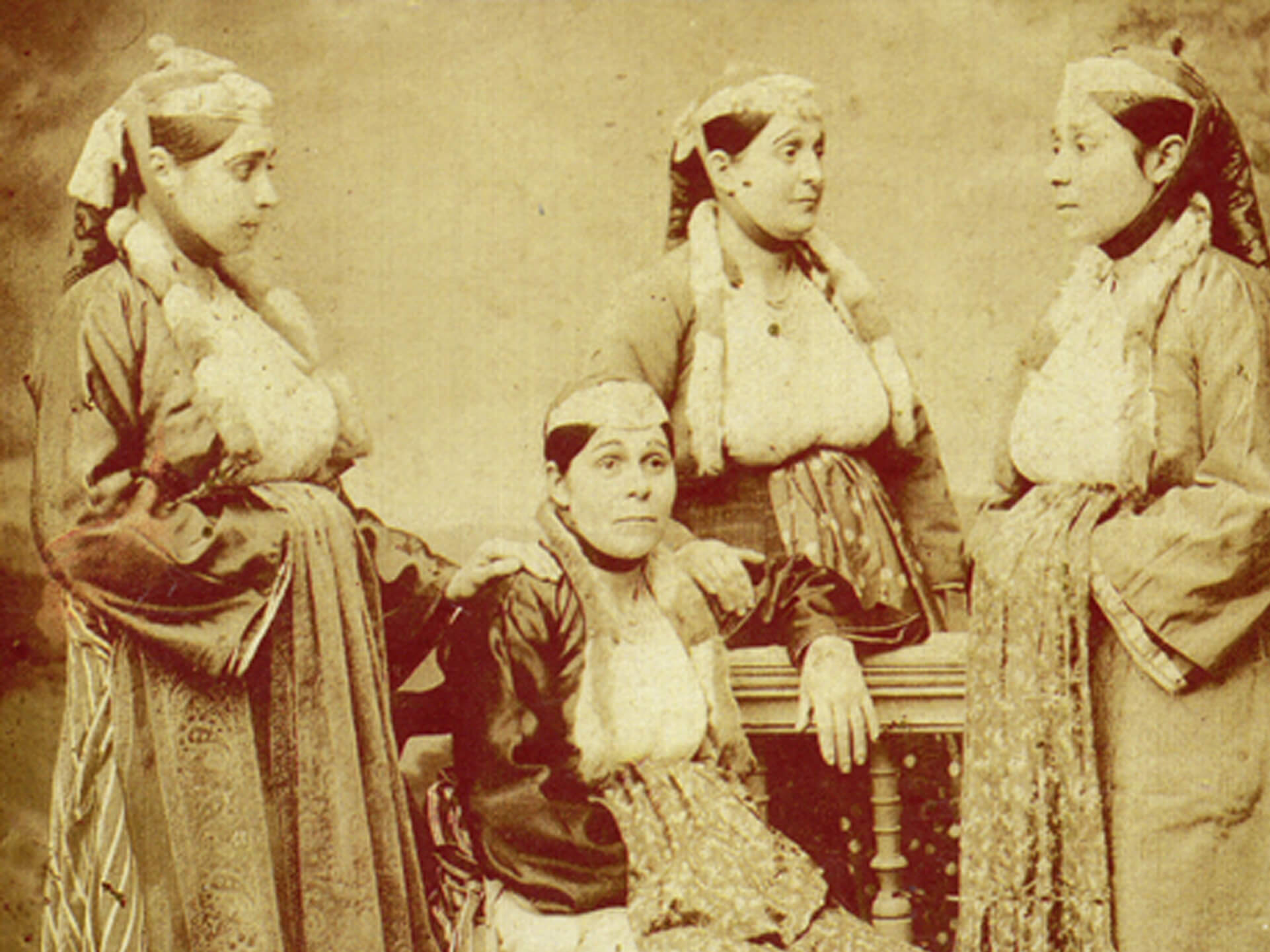Richard Wagner and the Jews
Wagner’s world view and his relationship to Judaism were strongly influenced by the romantic, social utopian and racist theories of his time. His work „Judaism in Music” (1850/1869) is one of the most widely read texts of anti-Jewish literature of the 19th century. But what role did such ideas play in Wagner’s operatic work? To what extent is his music „contaminated” by his ideology?
The traditional image of Wagner is a split one: on the one hand, the brilliant composer of great musical works, on the other, the author of problematic writings that convey an anti-Semitic ideology of redemption. According to this view, there should be no connection between these two Wagners. „There can’t be an anti-Semitic third or an anti-Semitic C major” – such statements have become a popular cliché, just like Daniel Barenboim’s statement that Wagner’s music is “not ideological” and also “not anti-Semitic”.
This attitude is all the more questionable as it fundamentally contradicts Wagner’s own view of music: for him, „absolute” music, the purely musical form, had no right to exist. Wagner’s concept of music drama meant an inseparable unity between poetry and music. It is no coincidence that he wrote all the libretti for his operas himself.
Moreover, there was no other great composer who disseminated his views not only through his musical works, but also through numerous writings – Wagner’s collected writings comprise 12 large volumes!
Finally, Wagner is the only composer around whom a pseudo-religious cult has developed – with its own temple and place of pilgrimage: Bayreuth. Wagner himself founded and cultivated this cult.
For his followers, Wagner’s operas were much more than just beautiful music. They worshipped him as a savior, a messiah who would change and save the world. The „Wagnerian” type that emerged in the 19th century is still alive today. You would search in vain for a fanatical follower of Chopin or Tchaikovsky, but many people are still obsessed with Wagner today. His music puts them in an entranced state.
Today’s Bayreuth, however, has become more of a „vanity fair” where the rich and powerful come together. These Wagner lovers of today would like to separate his music neatly from his inhuman ideology – so that they can enjoy his operas with a clear conscience.
In fact, Wagner’s operas and his writings are closely connected, they are parts of the same work. Wagner is the most ideological composer and his hatred of Jews, which disturbs many today, is an important part of his world of ideas.
Wagner is not only anti-Jewish, but also anti-Christian. His last opera „Parsifal”, for example, celebrates the vision of a new religion, which is to a certain extent the antithesis of Christianity: It is based on the idea of purity – purity of lifestyle, art, diet and, above all, blood. It is a racist idea that later merged into National Socialism.
Wagner’s hatred of Jews was not just a prejudice to which many people of his time subscribed, but a core element of his ideology, which had a decisive influence on his work. To convey his views, Wagner did not need to bring Jews to the stage in the flesh: all the characters in his operas are highly symbolic. Anti-Semitic motifs in Wagner’s works are therefore more a matter of certain codes that were easily understood by the audience.
Wagner’s personal relationships with Jewish musicians form a special chapter. These included the two most important European composers of the time, Felix Mendelssohn Bartholdy and Giacomo Meyerbeer, both of whom were later vilified by Wagner. Meyerbeer recognized Wagner’s talent early on and was the first to provide him with generous material and moral support. Meyerbeer patronized Wagner for years and recommended him to various opera houses, which ultimately led to his breakthrough as a composer and conductor in Dresden. Wagner was also artistically inspired by Meyerbeer and was regarded by the public as his pupil. It was thus a kind of musical „patricide” that Wagner then committed with his anti-Semitic defamation campaign: Wagner’s diatribe „Judaism in Music” as well as his treatise „Opera and Drama”, published a few months later, contributed significantly to the anti-Semitic stigmatization of Meyerbeer. The long-term effects of this stigmatization led to the almost complete eradication of Meyerbeer, the most important and successful opera composer of his time, from the international repertoire.
It is not a question of wanting to ban Wagner’s music. But today’s audiences need to be aware of the content that inspired his operas and which left an ominous mark on European history in the 20th century.

